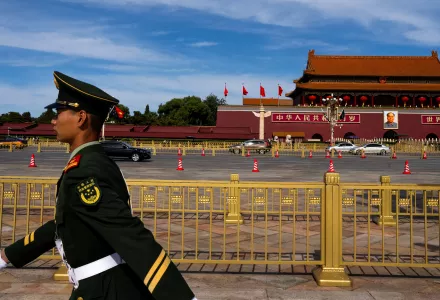
Abstract
Although China's motives for developing the Belt and Road Initiative (BRI) have been well studied, scholars have yet to comprehensively examine why states seek to join the initiative. We fill this gap by examining how and why states join the BRI. Countries join by signing a Memorandum of Understanding (MOU) with China on cooperation under the BRI framework. These MOUs create few or no obligations for the states who sign them but increase the possibility of reaping future economic benefits. Thus, we argue that most states should join the BRI unless they view the costs of participation as higher. We hypothesize, and find support for, the argument that democracies are less likely to join because they view participating in a Chinese-led initiative as more costly than non-democracies. Our statistical analysis using a new dataset of BRI participants and paired case studies provides quantitative and qualitative support for this argument.
Atkins, Eleanor, M. Taylor Fravel, Raymond Wang, Nick Ackert, and Sihao Huang. "Two Paths: Why States Join or Avoid China's Belt and Road Initiative." Global Studies Quarterly, vol. 3. no. 3. (2023): 1–14.
The full text of this publication is available via Global Studies Quarterly.






